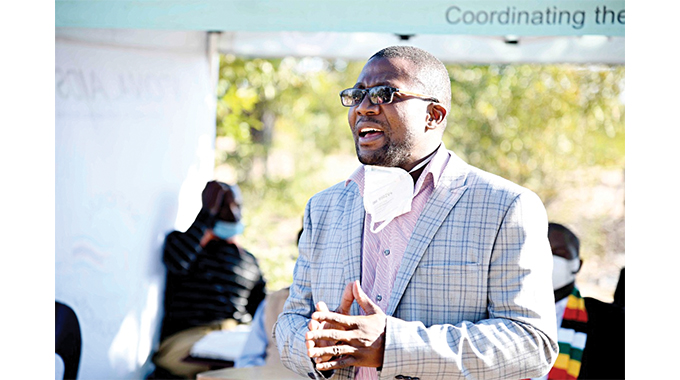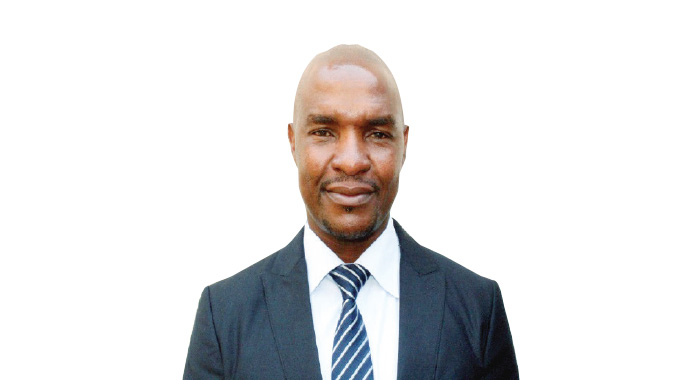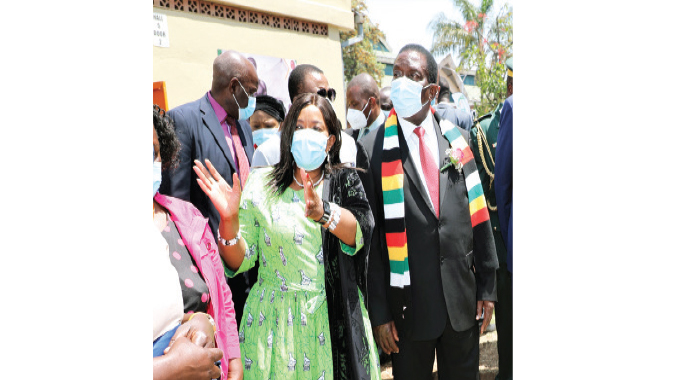Govt works on reducing greenhouse gas

Sukulwenkosi Dube-Matutu, Chronicle Reporter
GOVERNMENT is working on reducing energy related greenhouse gas emissions by 40 percent by 2030 under the revised Nationally Determined Contributions (NDCs) which seeks to mainstream climate change in line with the National Development Strategy 1 (NDS1).
Under the 2015 Paris Agreement, countries were called upon to reduce their greenhouse gas emissions through the NDCs.
All countries were expected to communicate revised NDCs with higher ambition by end of last year. However, the deadline was extended to 2021 in view of the Covid-19 pandemic.
Speaking yesterday at a ceremony to receive the NDCs youth policy recommendations in Bulawayo, the Minister of Environment, Climate, Tourism and Hospitality Industry Nqobizitha Mangaliso Ndlovu said various policies and strategies have been embraced since the adoption of the Paris Agreement in 2015 which will be instrumental in implementing the NDC.
He said the sector-specific policies and strategies include the National Climate Policy, Low Emission Development Strategy, NDC Two-Way Communication Strategy, National Adaptation Plan Roadmap, the 2017 System Development Plan, the Renewable Energy Policy, Biofuels Policy, Revised National Gender Policy and Implementation Plan, National Water Resources Master Plan, National Agriculture Policy Framework, Climate-Smart Agricultural Investment Plan and the National Industrial Development Policy.
“Zimbabwe’s initial NDCs was limited to climate change mitigation in the energy sector covering prominently the energy sectors, as well as adaptation in the agriculture sector. The NDCs target was to reduce energy-related greenhouse gas emissions per capita by 33 percent below the projected business-as-usual scenario by 2030.
“The revised NDCs target now stands at 40 percent reduction in economy-wide greenhouse gas emissions by 2030.
NDC revision process was finalised and the new target was adopted by Cabinet last week,” he said.
Minister Ndlovu said despite the Covid-19 pandemic, the country had embarked on the NDC enhancement process last year.
He said the process captured inputs from all stakeholders including the youths. Minister Ndlovu said the youths conducted nationwide consultations and came up with a youth position paper with sector-specific policy recommendations for consideration in the NDCs enhancement process.
Minister Ndlovu said the NDC revision process also incorporated impacts of Covid-19 on emissions trends and macro-economic parameters, including Gross Domestic Product (GDP), which fed into the updated baseline.
He said the mitigation analysis was expanded to include the energy, waste, industry and agriculture and forestry sectors.
He said there was need to enhance the country’s preparedness and ensure that socio-economic sectors are climate-proofed in order to deal with climate extremes.
“Colleagues, climate change is now inevitable, actions must be taken that help our people to adapt and become more resilient. The current situation calls upon the nation to focus on low carbon and climate-resilient development pathways which can bring multiple wins for society, the economy and the environment,” said Minister Ndlovu.
African Youth Initiative on Climate Change Zimbabwe Chapter (AYICC) Zimbabwe representative Ms Elizabeth Gulugulu said in their recommendations, the youths have committed to acquire knowledge on organic fertilisers and maggots, spearhead innovation and research, advocate for policies that do not contradict with the objectives of protecting the environment.
She said youths have also committed to advocate for wider use of renewable energy technologies in the country and take advantage of social media platforms, theatre groups and art to disseminate on energy efficiency and cleaner production, commence projects and awareness campaigns targeting all stakeholders.
She said the youths with the assistance of responsible authorities will lead the drive of educating 67 percent of the youth population by 2025 on proper waste management and recycling initiatives using different media platforms as a way of reaching out to everyone.
Ms Gulugulu said youths have also committed to establish at least 61 waste transfer centres cascading from district level among other initiatives.
Government launched the National Development Strategy 1 (NDS1) which has a pillar that focuses on climatic change issues among other environmental and natural resource management issues, incorporating the revised NDCs.
The climate actions committed and communicated in NDCs largely determine whether the world achieves the long-term goals of the Paris Agreement to slow down the rate at which the climate is changing. The NDCs demonstrate leadership and political commitments in addressing climate change and are the basis for collective action. They set a path towards a low-carbon, climate-resilient future.
Zimbabwe under the Paris Agreement is expected to submit its Nationally Determined Contributions after every five years, this is according to (Article 4, paragraph 2) of the Paris Agreement which requires each party to prepare, communicate and maintain successive NDCs that it intends to achieve. In this enhancement process, broad consultations from representations of youth organisations from all the ten provinces of country were done from March to May.
The objectives of these consultations were to discuss the NDCs revision process with youth representatives, capture youth interventions and facilitate youth involvement in the process, minimise the information gap, enhance their understanding, instil a sense of ownership in the entire NDCs process. — @DubeMatutu








Comments